Former Minnesota Governor Tim Pawlenty is being featured as a “health policy all-star” by the University of Minnesota’s Humphrey School of Public Affairs. No, I’m not kidding.

The University event is celebrating the accomplishments of a 2008 Healthcare Transformation Task Force that happened during the Pawlenty years. Governor Pawlenty is the keynote speaker. The invitation portrays the Pawlenty years as a time when there was less intense partisan disagreement. Again, not kidding.
Health care policy has generated intense partisan disagreement over the past 5 years. The acrimony has been a sharp departure from Minnesota’s long tradition of collaboration among Democrats and Republicans and across the business, non-profit, and public sectors.
I’m not all that familiar with the Task Force’s work, but I’m sure it made excellent health care policy contributions. It’s very worthwhile to recognize and reflect on that work, and I applaud the University’s Humphrey School for doing that. If you’re interested in health care policy, I’d encourage you to attend the event.
But perhaps the Humphrey School should also invite the community to reflect on some of the big picture differences between health care in Minnesota under the Pawlenty-era policies versus health care in the post-Pawlenty era. Minnesotans should reflect on the dramatic health care improvements that have happened despite Governor Pawlenty, rather than because of him.
The Good Old Days
Ah 2008, those certainly were the good old days of Pawlenty era health care in Minnesota, back when the rate of health uninsurance was 9.0 percent. In contrast, in the post-Pawlenty era, the rate of uninsurance under Governor Dayton has declined to 4.9 percent, the lowest point in Minnesota history.
This happened largely due of the success of the ACA reforms that Governor Pawlenty persistently and bitterly opposed. For example, in 2011 Governor Pawlenty revved up a Conservative Political Action Committee (CPAC) audience with this simplistic barn burner:
The individual mandate in ObamaCare is a page right out of the Jimmy Carter playbook. The left simply doesn’t understand. The individual mandate reflects completely backwards thinking. They, the bureaucrats, don’t tell us what to do. We, the people, tell the government what to do!
We’re blessed to live in the freest and most prosperous nation in the history of the world. Our freedom is the very air we breathe. We must repeal Obamacare!
Do you see how much less “intensely partisan” health care policy was five years ago under Governor Pawlenty?
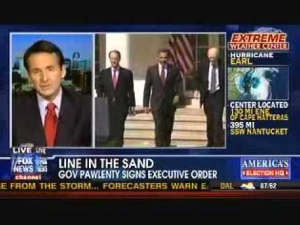 Oh and then there was that super nonpartisan time when Governor Pawlenty, who was preparing to run against President Obama, enacted an executive order to ban Minnesota from accepting any Obamacare-related Medicaid funding to provide health care coverage for 35,000 of Minnesota’s most vulnerable citizens. As the Star Tribune reported at the time, even Pawlenty-friendly health industry groups reacted to the highly partisan and punitive Pawlenty ban with unified expression of strong disapproval.
Oh and then there was that super nonpartisan time when Governor Pawlenty, who was preparing to run against President Obama, enacted an executive order to ban Minnesota from accepting any Obamacare-related Medicaid funding to provide health care coverage for 35,000 of Minnesota’s most vulnerable citizens. As the Star Tribune reported at the time, even Pawlenty-friendly health industry groups reacted to the highly partisan and punitive Pawlenty ban with unified expression of strong disapproval.
In a rare and unusually sharp statement, heads of Minnesota’s most influential medical associations said Pawlenty’s step contradicts his earlier embrace of state health care legislation. “The governor’s decision just doesn’t make sense for Minnesotans,” the Minnesota Council of Health Plans, the Minnesota Hospital Association and the Minnesota Medical Association said in a joint statement late Tuesday.
The Post-Pawlenty Health Policy Era
When Governor Dayton took office, he promptly reversed this Pawlenty ban to ensure that 35,000 low-income Minnesotans could get health care coverage. Governor Dayton took a lot of heat for that decision, but this move started the process of driving down the state’s uninsured rate, a trend that has continued throughout the Dayton era.
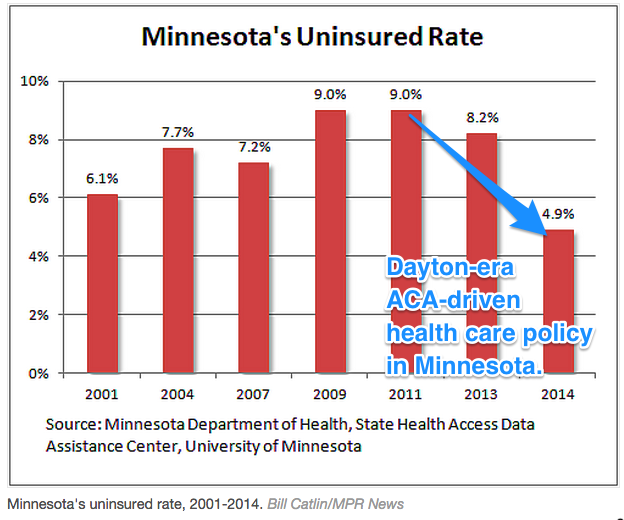
In more ways than many citizens realize, Minnesota has benefited enormously from the ACA reforms that Pawlenty politicized and obstructed. According to the federal Department of Health and Human Services:
- 64,514 Minnesotans have gained Medicaid or CHIP coverage
- 1,465,000 Minnesotans with private health insurance gained preventive service coverage with no cost-sharing
- Over 2 million Minnesotans are free from worrying about lifetime limits on coverage
- As many as 2,318,738 non-elderly Minnesotans have some type of pre-existing health condition, and no longer can have coverage denied because of that condition
Yes, those Pawlenty years, when the Governor was fighting to keep Minnesotans from enjoying all of these ACA benefits, certainly were the good old days of health care policy. “Health care policy all-star” indeed!

Note: This post also was published as part of MinnPost’s weekly Blog Cabin feature.

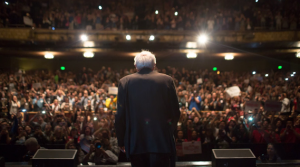 Presidential candidate Bernie Sanders has already given much to the Democratic Party. But even though his chances of being nominated remain slim, he still has a bit more he could give to his adopted party.
Presidential candidate Bernie Sanders has already given much to the Democratic Party. But even though his chances of being nominated remain slim, he still has a bit more he could give to his adopted party.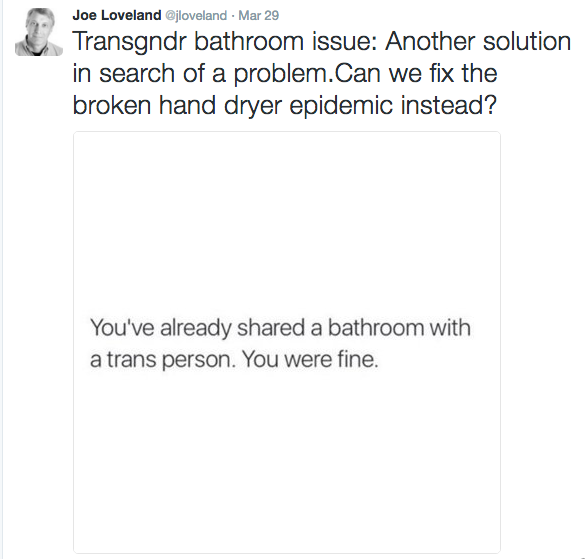
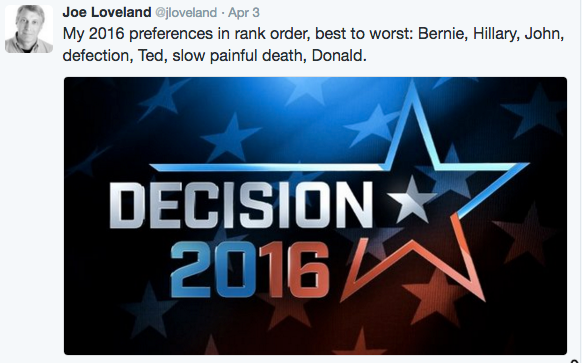
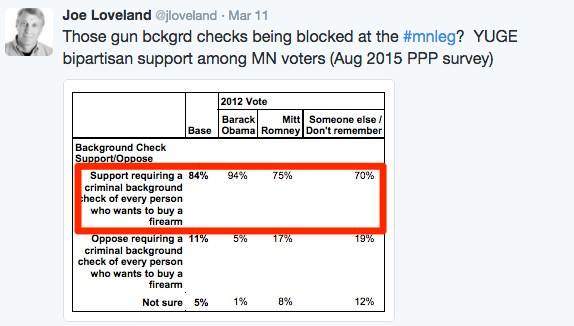
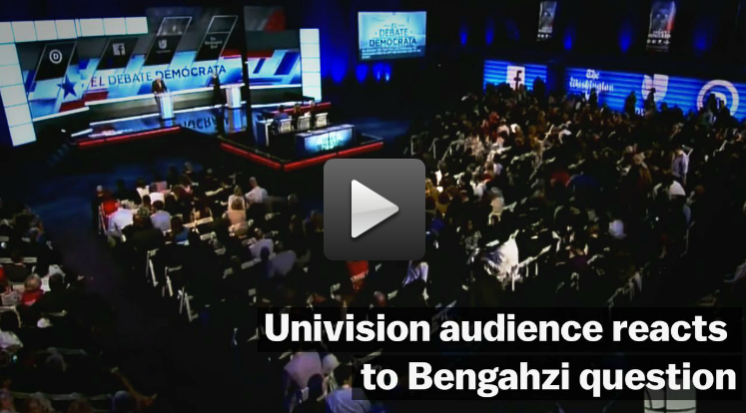
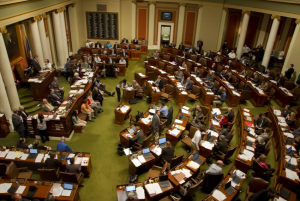 DFL state legislators are an awfully unpopular bunch. According to an August 2015 Public Policy Polling (PPP)
DFL state legislators are an awfully unpopular bunch. According to an August 2015 Public Policy Polling (PPP) 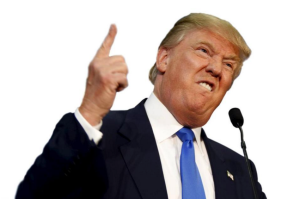 Donald Trump and Hillary Clinton are now pretty assured of winning their party’s nomination for president, both because they are far ahead and because it seems unlikely either will implode with their respective bases. They have both had fundamental vulnerabilities exposed, yet they both continue to have a sufficient amount of support to win their nominations.
Donald Trump and Hillary Clinton are now pretty assured of winning their party’s nomination for president, both because they are far ahead and because it seems unlikely either will implode with their respective bases. They have both had fundamental vulnerabilities exposed, yet they both continue to have a sufficient amount of support to win their nominations.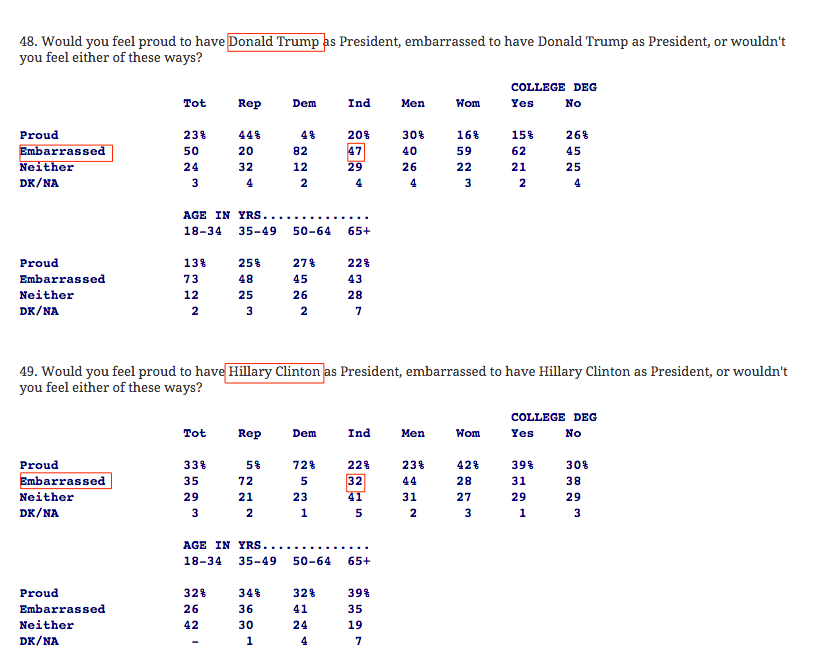
 When presidential candidate Bernie Sanders explains why Americans shouldn’t fear his “democratic socialism,” he usually
When presidential candidate Bernie Sanders explains why Americans shouldn’t fear his “democratic socialism,” he usually 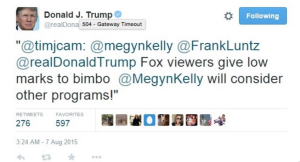 Maybe that’s because reporters are worried bullying candidates will give them the Megyn Kelly Treatment/Rebecca Quick Treatment. Maybe it’s because reporters don’t take the time to learn policy issues. Maybe it’s because reporters don’t respect voters’ intelligence enough to think that they will care about, or understand, policy issues
Maybe that’s because reporters are worried bullying candidates will give them the Megyn Kelly Treatment/Rebecca Quick Treatment. Maybe it’s because reporters don’t take the time to learn policy issues. Maybe it’s because reporters don’t respect voters’ intelligence enough to think that they will care about, or understand, policy issues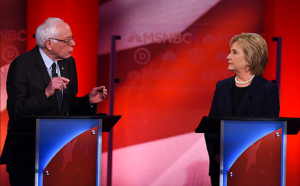 To hear Senator Hillary Clinton’s campaign tell it, you would think that there is absolutely no way to transition from the Affordable Care Act (ACA) world of today to an eventual Medicare-for-All world that her opponent Senator Bernie Sanders promotes.
To hear Senator Hillary Clinton’s campaign tell it, you would think that there is absolutely no way to transition from the Affordable Care Act (ACA) world of today to an eventual Medicare-for-All world that her opponent Senator Bernie Sanders promotes.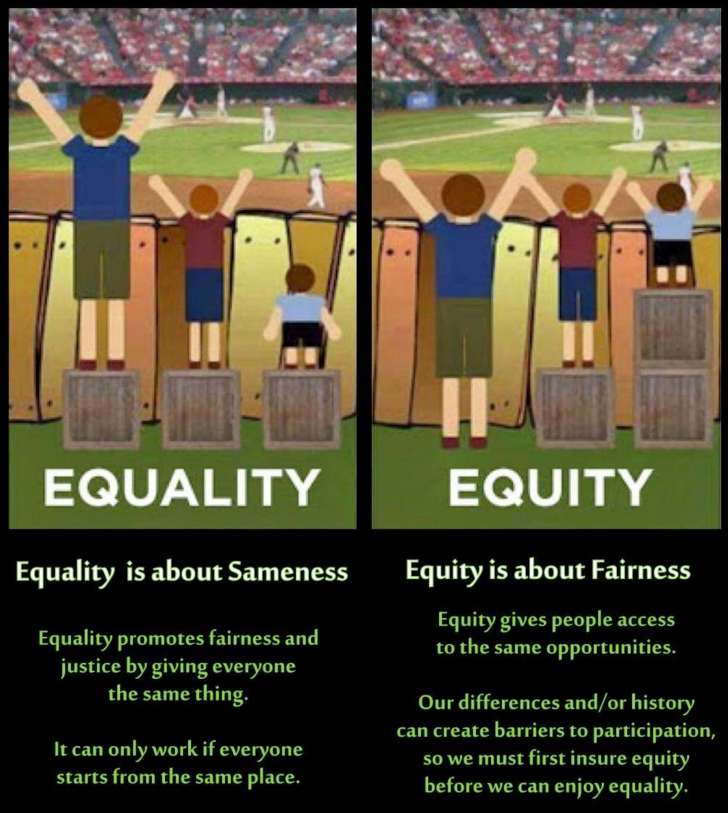
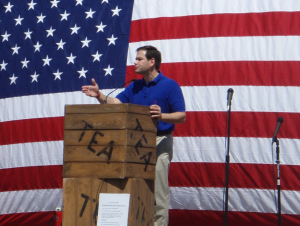 Rubio ran for Senate in Florida as the candidate of the extremist Tea Party, not as the moderate alternative to the Tea Party.
Rubio ran for Senate in Florida as the candidate of the extremist Tea Party, not as the moderate alternative to the Tea Party.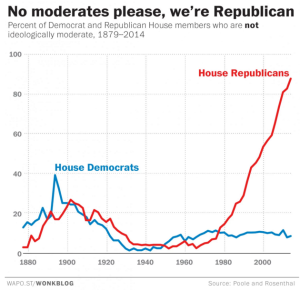 By any reasonable measure, Senator Rubio is a far-right extremist, as is Ohio Republican Governor John Kasich (88% lifetime ACU rating), who is also sometimes inaccurately labeled a moderate by simplistic pundits. Political scientists have
By any reasonable measure, Senator Rubio is a far-right extremist, as is Ohio Republican Governor John Kasich (88% lifetime ACU rating), who is also sometimes inaccurately labeled a moderate by simplistic pundits. Political scientists have  These are very scary times. Who among us does not lie awake at night worrying about dying in an elevator? I mean, what if one came crashing down while you were riding in it? Makes me shudder just thinking about it.
These are very scary times. Who among us does not lie awake at night worrying about dying in an elevator? I mean, what if one came crashing down while you were riding in it? Makes me shudder just thinking about it.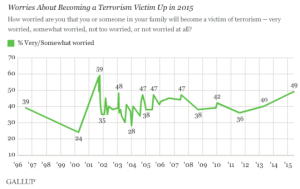 Despite this relatively low level of risk, many Americans are overcome by our fear of terrorism. Even in June 2015, well before the recent Paris and California terrorist attacks,
Despite this relatively low level of risk, many Americans are overcome by our fear of terrorism. Even in June 2015, well before the recent Paris and California terrorist attacks,  Watching the news coverage of the Republican presidential campaign, you get the feeling that there is a wave of support for the ideas of leading Republican candidates like Donald Trump, Ben Carson, Ted Cruz and Marco Rubio. For example,
Watching the news coverage of the Republican presidential campaign, you get the feeling that there is a wave of support for the ideas of leading Republican candidates like Donald Trump, Ben Carson, Ted Cruz and Marco Rubio. For example, 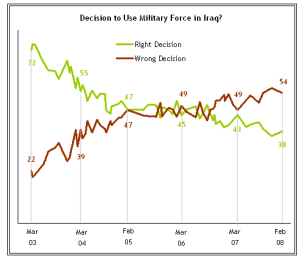 In other words, the national mood is much like when America rushed into the Iraq War in 2003.
In other words, the national mood is much like when America rushed into the Iraq War in 2003. 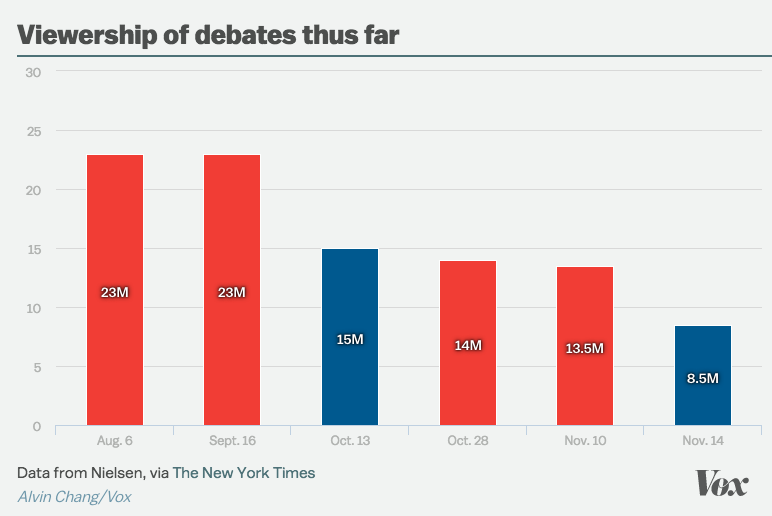
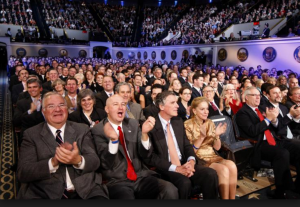 If I were a political party chair, I would make one simple adjustment to make my party more competitive. I would only allow general election swing voters to attend candidate debates.
If I were a political party chair, I would make one simple adjustment to make my party more competitive. I would only allow general election swing voters to attend candidate debates.
 If you really think President Obama, who has been President for seven years now and only has one year left in his term, is a gun confiscator, wouldn’t you think he would have confiscated by now? Don’t you think he would have done it in the first two years of his presidency, when his party controlled the House, Senate and White House?
If you really think President Obama, who has been President for seven years now and only has one year left in his term, is a gun confiscator, wouldn’t you think he would have confiscated by now? Don’t you think he would have done it in the first two years of his presidency, when his party controlled the House, Senate and White House?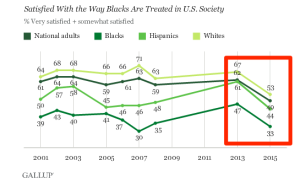 For instance, between 2013 and 2015, Gallup finds
For instance, between 2013 and 2015, Gallup finds 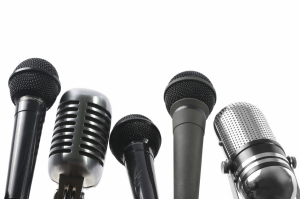 The messenger is the message. If a professor delivers a message, it tends to sound objective, studied and evidence-based. If an elder statesman delivers a message, it tends to sound thoughtful, even-handed and rational. If a reporter of a credible news outlet delivers a message, it tends to sound legitimate, consequential, and relevant.
The messenger is the message. If a professor delivers a message, it tends to sound objective, studied and evidence-based. If an elder statesman delivers a message, it tends to sound thoughtful, even-handed and rational. If a reporter of a credible news outlet delivers a message, it tends to sound legitimate, consequential, and relevant.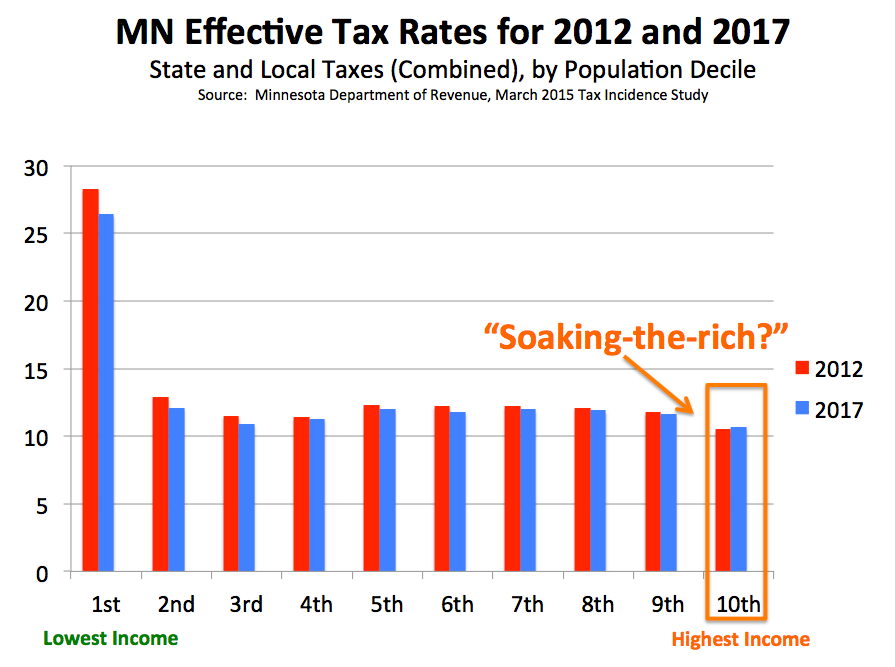
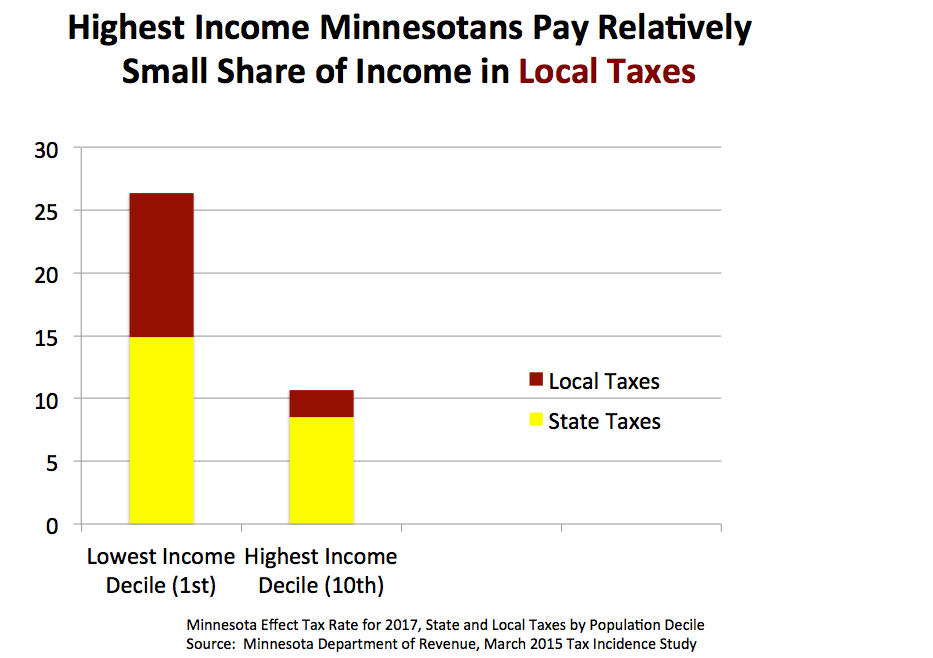 This is a point that is frequently missed, or intentionally ignored, by people who focus solely on state tax burdens, without also taking local tax burdens into consideration.
This is a point that is frequently missed, or intentionally ignored, by people who focus solely on state tax burdens, without also taking local tax burdens into consideration. Here’s why: Walker’s logic path quickly collapses as soon as you start connecting the dots.
Here’s why: Walker’s logic path quickly collapses as soon as you start connecting the dots.